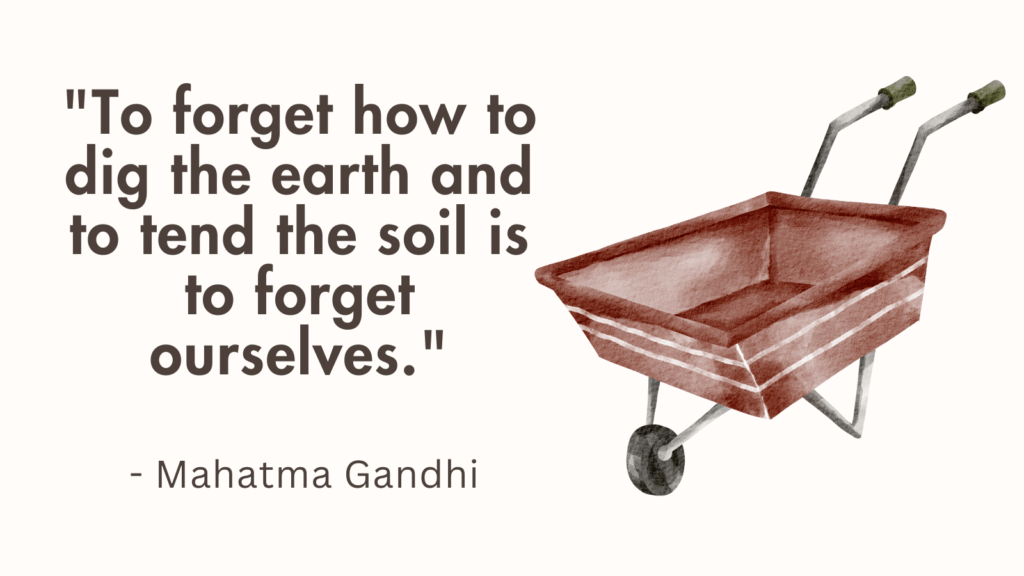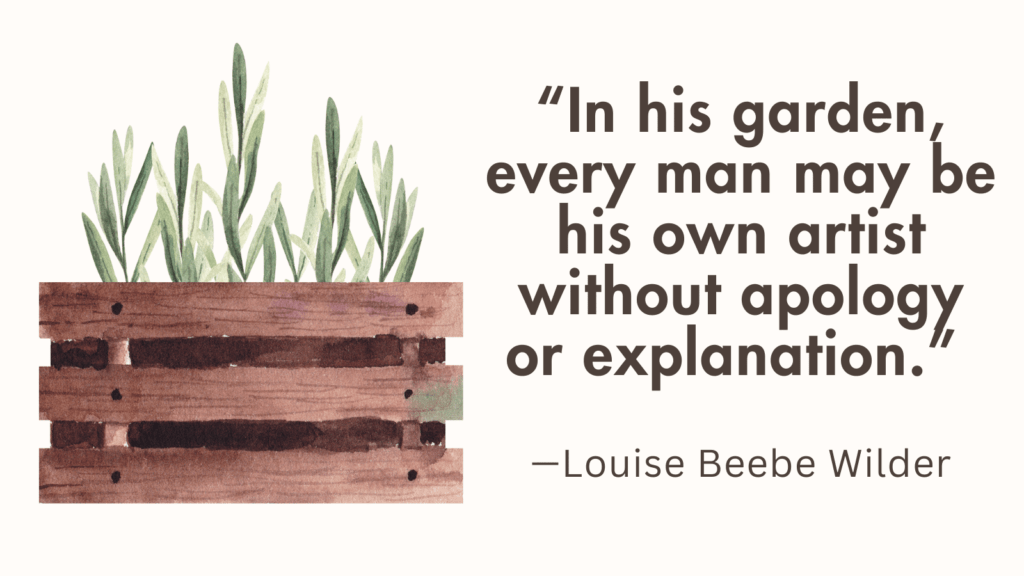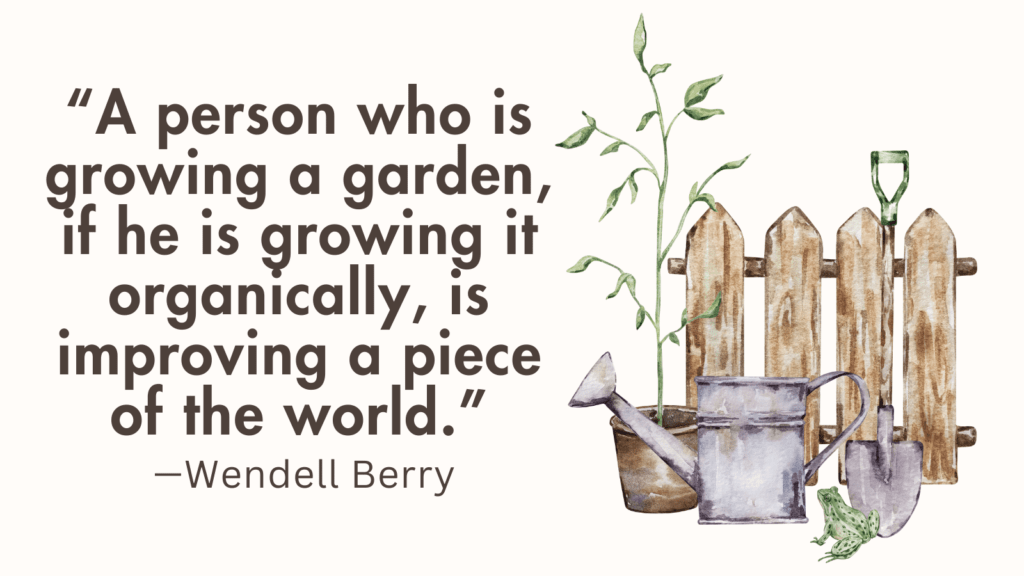In this post, you’re going to find out all about clover and whether it grows in shade.
Understanding Clover Plants
Clover plants are part of the legume family, and they have several characteristics that make them unique and beneficial. Here is some information to help you understand clover plants better:
1. Types of Clover
There are various types of clover, but the most common ones include white clover (Trifolium repens) and red clover (Trifolium pratense).
These varieties are known for their trifoliate leaves, which consist of three leaflets.
2. Nutritional Benefits
Clover plants are highly nutritious.
They offer a good source of vitamins, minerals, and protein.
Clover is also rich in antioxidants and phytoestrogens, which have been associated with potential health benefits.
Related: How to Protect Your Watermelon Farm?
3. Nitrogen Fixation
One significant advantage of clover is its ability to fix nitrogen from the air into the soil.
Clover plants form a symbiotic relationship with certain bacteria in their roots called rhizobia.
These bacteria convert atmospheric nitrogen into a form that plants can utilize, enhancing soil fertility without the need for synthetic fertilizers.
4. Soil Health and Erosion Control
Clover’s deep taproot system improves soil structure and helps prevent erosion by holding the soil together.
The dense growth of clover also acts as a natural ground cover, reducing weed competition and conserving moisture in the soil.
Related: Will Chickens Stop Laying If Coop Is Dirty? [Raising Chickens Complete Guide]
5. Pollinator Attraction
Clover flowers are highly attractive to bees, butterflies, and other pollinators.
Incorporating clover into your garden can help support local pollinator populations and promote biodiversity.
6. Uses
Clover has numerous uses in various settings.
It is commonly used as forage for livestock, providing a high-quality source of nutrition.
Additionally, clover is often planted as a cover crop to improve soil health in agricultural systems.
Some people also incorporate clover into their lawns for its ability to withstand foot traffic and its low-maintenance qualities.
Related: Does Contour Farming Work Everywhere?
Does Clover Grow In Shade?
Clover can tolerate some shade, but it generally prefers full sun or partial shade for optimal growth.
Most clover varieties require at least 4-6 hours of direct sunlight each day to thrive.
In areas with heavy shade, the growth and overall health of the clover may be compromised.
However, there are specific clover varieties, such as white clover (Trifolium repens), that are more shade-tolerant compared to others.
These varieties can still grow reasonably well in areas with partial shade, such as under trees or in yards with some shade coverage.
If you are specifically looking to establish clover in a shady area, consider using shade-tolerant varieties and ensure proper soil preparation and maintenance to support healthy growth.
Additionally, regular monitoring and adjustments to the shade conditions may be necessary to ensure the success of clover growth in shaded areas.
Tips for Successful Clover Planting in Shade
While clover generally prefers full sun to partial shade conditions, some varieties can tolerate and even thrive in shady areas.
If you are planning to plant clover in a shaded location, here are some tips to promote successful growth:
1. Choose Shade-Tolerant Varieties
Some clover varieties, such as white clover (Trifolium repens), have better shade tolerance compared to others.
Selecting shade-tolerant cultivars can increase the chances of successful growth in low light conditions.
Related: Do Rabbits Eat Mint In The Garden?
2. Assess Sunlight Levels
Determine the level of shade in the planting area.
Clover can tolerate partial shade, but prolonged periods of deep shade may inhibit growth.
Ideally, the area should receive at least a few hours of direct sunlight each day for optimal growth.
3. Improve Soil Fertility
In shady areas, soil fertility is crucial as competition from larger trees or plants can limit nutrient availability.
Conduct a soil test to evaluate nutrient levels and pH.
Add organic matter, such as compost or well-rotted manure, to improve soil structure and fertility.
4. Provide Adequate Moisture
Shade can reduce evaporation and keep the soil moist for longer periods.
However, it’s essential to monitor moisture levels and ensure proper drainage to avoid waterlogged conditions.
Adequate moisture is important for germination, establishment, and overall growth.
Related: Why Do You Plant Rosemary By Your Garden Gate?
5. Control Weeds
In shaded areas, weed competition can be more challenging to manage.
Prior to planting clover, remove existing weeds manually or use an herbicide suitable for your situation.
Adding a layer of organic mulch around the clover plants can also help suppress weed growth.
6. Adjust Planting Density
Due to reduced light availability, it can be beneficial to increase the planting density.
Planting more clover seeds or using a higher seeding rate can help compensate for reduced sunlight and allow for better competition against weeds.
7. Monitor and Adjust
Regularly monitor the growth of the clover plants.
If they appear weak or sparse, consider thinning out surrounding vegetation to allow more light penetration.
If possible, selectively prune or trim nearby trees or shrubs to increase sunlight exposure.
Related: Garden Tool Box [Complete Guide + Resources]
8. Consider Companion Planting
Some shade-tolerant plants, such as certain grasses or ground covers, can complement clover growth.
Companion planting can provide additional protection against weed competition and improve overall plant health.
Remember that shade conditions vary, and not all clover varieties may thrive in the specific shade levels you have.
It’s essential to select the right variety and adjust your management practices accordingly for the best outcomes.
FAQ
Can I grow clover in a container or pot?
Yes, you can grow clover in containers or pots.
Choose a container with good drainage and use a well-draining potting mix.
Make sure to provide enough sunlight or partial shade and water the clover regularly.
Keep in mind that clover tends to spread through runners, so you may need to prune or control its growth in a container setting.
Related: How To Build A Garden Window?
Can I eat clover? Is it safe for consumption?
Yes, clover is safe for consumption, and certain varieties are even cultivated for eating purposes.
For example, red and white clover flowers are edible and can be used in salads, teas, or garnishes.
However, be cautious when foraging wild clover, as there are many different species, and some may have toxic or inedible parts.
It’s best to consult an expert or reference reliable sources if you are unsure.
Related: How To Put Slate In A Garden?
Will clover attract bees and other pollinators?
Yes, clover is highly attractive to bees and other pollinators, such as butterflies and beneficial insects.
The nectar-rich flowers of clover provide an important food source for these pollinators.
If you want to support pollinator populations in your garden, incorporating clover can be a great choice.
Remember, for personalized advice on growing clover or incorporating it into your diet, it’s always best to consult with a local horticulturist or nutritionist who can provide guidance based on your specific region and needs.

Garden Cart
*As an Amazon Associate I earn from qualifying purchases, at zero cost to you, if you click through the link and finalize a purchase.





